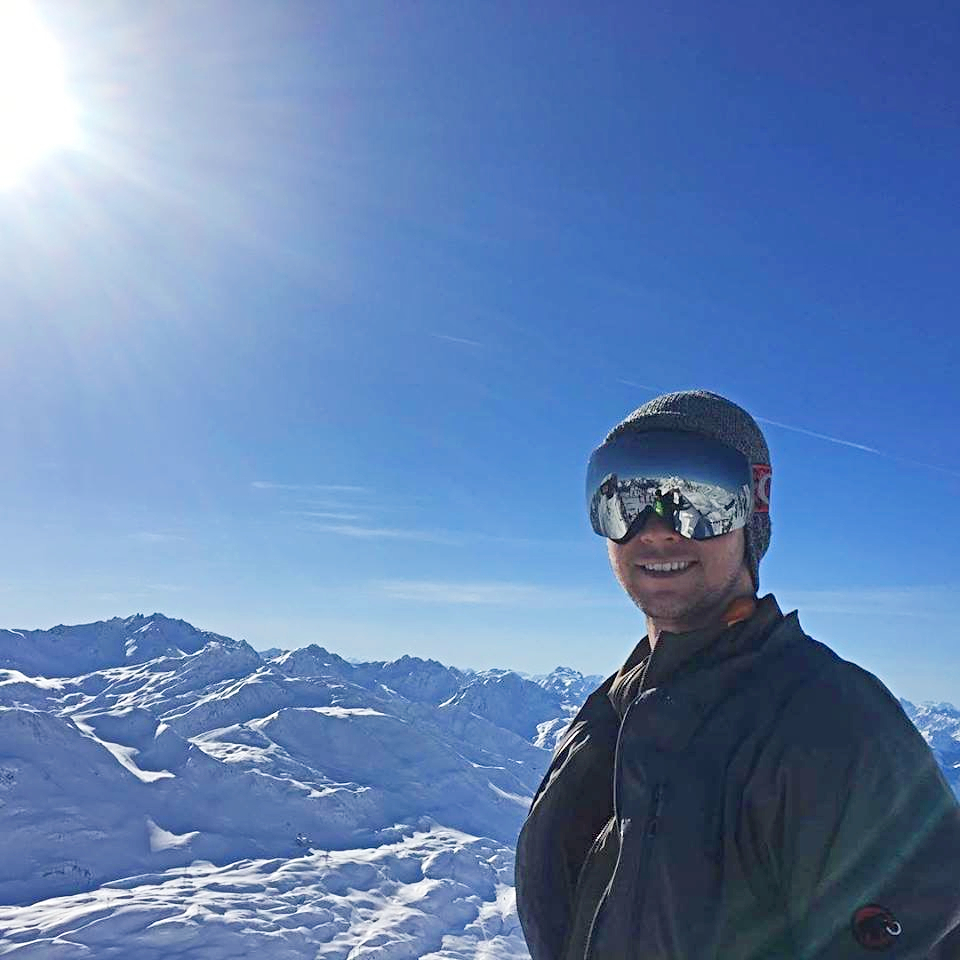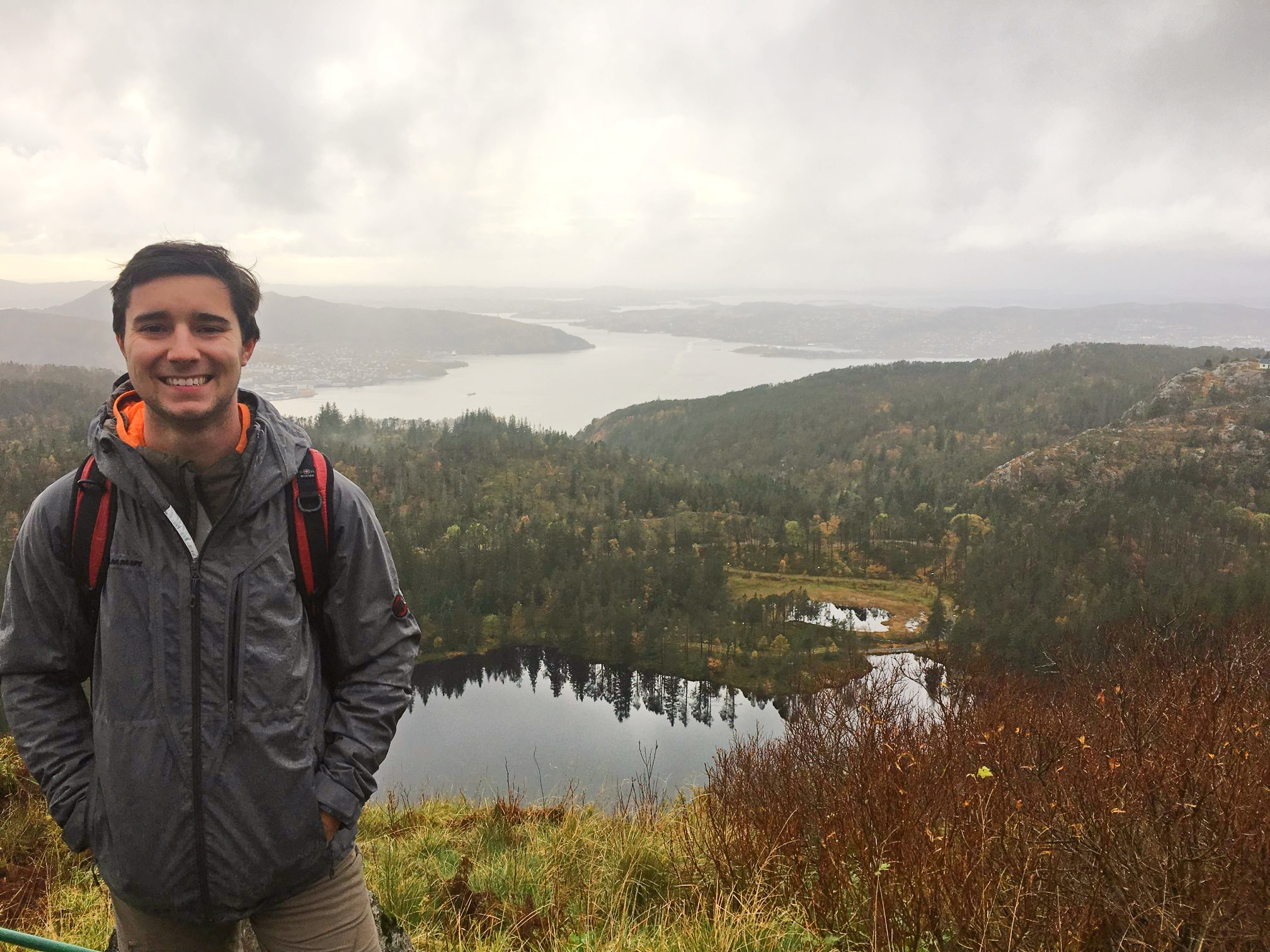College of Engineering
4183 Bell Engineering Center
Fayetteville, AR 72701
Phone: 479-575-7780
International Engineering Program

The International Engineering Program (IEP) gives students the opportunity to earn two degrees in five years—a BS in engineering and a BA in German. It is open to students in all fields of engineering. The program involves a semester at the Technische Universitat Darmstadt (Darmstadt University) in Germany followed by a paid internship in Germany. Interested students should review this website and complete this form. UA's IEP is modeled after a similar program at the University of Rhode Island and we greatly appreciate URI's support in launching our IEP.
Why Germany?
The German economy is the powerhouse of Europe. As a country, Germany has traditionally led engineering fields with firms such as BASF, Bayer, BMW, Mercedes, Merck, Porsche, and SAP. Germany is also a leader in renewable energy research, with an announced government goal of 80 percent of energy provided in the country by sustainable sources by the year 2050. German firms also invest heavily in the United States and Arkansas. There are 22 German-owned companies that provide 1,600 jobs in Arkansas (including automotive parts, power tools, plastics, and steel). The German government is actively recruiting foreign workers for jobs in the STEM sectors that are going unfilled. [make-it-in-germany.com.--Click on EN for an English translation of the site.]
Add German to Your
Engineering Skills
A knowledge of German gives you another skill set when looking for jobs. According to a 2014 Economist article, knowing German resulted in a 3.8% premium in salary, or $128,000 over an average career. [“Johnson: What is a Foreign Language Worth?”] All International Engineering students at the University of Arkansas will participate in the proficiency exams of the Goethe Institute at the B1 level, part of the European Union’s proficiency scala (the Common European Framework of Reference for Languages). This gives students an internationally recognized certification of language skills that can be used when looking for employment or applying to graduate schools [Goethe Institut].
Study and Work
in Germany
IEP students spend their fourth year abroad. In the fall, students take engineering courses at the Technische Universitat Darmstadt, which is one of the leading German technical universities, represented by the TU9 consortium and which Albert Einstein recommended to his nephew. The courses that students enroll in are regular engineering courses taught by German professors, rather than special courses designed for foreigners.
In the spring, students will intern at German companies. Most internships are paid. The University of Arkansas supports students in finding their internships through multiple job skill presentations (including ones specific to a German internship search) and developing relationships between employers who both recruit at UA and have locations in Germany. In the past, our students’ assignments have included BMW (transportation and logistics), a start-up in Berlin (marketing), an aeronautics firm (engineering), a web-based software company (economics), an architecture firm, and a medieval hotel and restaurant (hospitality management). Students work alongside German professionals in regular offices, and successful internships can lead to full-time offers of employment.
What if I haven’t had any German yet?
The degree plans require students to begin their studies in Intermediate German I (GERM 2003), which is possible for students who have studied at least two years of German in high school. However, students who were not able to study German in high school can easily catch up by taking Elementary German I and II (GERM 1003 and 1013) in their first year and then taking Intermediate German in summer school or as an on-line course. Interested students should review this website and complete this form.
What if I am already fluent in German?
If you are an international student who holds the Großes Sprachdiplom or the Kleines Sprachdiplom, you can make faster progress towards the degree by receiving Credit by Achievement for beginning and intermediate language courses and concentrating on content courses. Students who have had some German in high school are also eligible for Credit by Achievement credit. Students who pass an upper level language course with a C or better earn retroactive credit for the lower level language courses that cover material they have already mastered. Interested students should review this website and complete this form.
Student Success Stories!
Read about our first IEP students going abroad. Steven and Connor.
Alumni


Justin Combs (BS, Biomedical Engineering; BA, German—2020) was attracted to the International Engineering Program due to the opportunity to spend a year in Germany taking engineering classes and completing an internship, since as he notes:
At the Technical University of Darmstadt, he discovered that biomedical engineering is actually split into Medical Technology, which focuses more on the electrical engineering side, and Sports Science, which is more related to the biomechanical aspects of Biomedical Engineering that he is interested in. Combs completed his internship at the Institute for Molecular Biology in Mainz, but he also spent a month between his studies and work in the Alps enjoying winter sports. Combs said of his experience in the IEP:
He is currently furthering his education in graduate school in Austria, working on a master’s degree in Medical Technologies at the Management Center of Innsbruck.
Nicholas Broadbent graduated summa cum laude and first in his class from the University of Arkansas with a Bachelor of Science in Mechanical Engineering and a Bachelor of Arts in German. He also studied vehicle dynamics and internal combustion engines while competing on the Formula Student Electric/Driverless team at TU Darmstadt. During his time in Germany, Nicholas worked as an intern in powertrain technology and business development at Mercedes-Benz world headquarters. Of his time in the IEP, Nicholas says:
As a Stanford Graduate Fellow, he is now pursuing a Master of Science and Doctor of Philosophy in Mechanical Engineering at the Dynamic Design Lab and Center for Automotive Research at Stanford University. Herein, Nicholas is focused on developing machine learning algorithms to enhance the safety and performance of autonomous vehicles.

Photo Credit: Russell Cothren